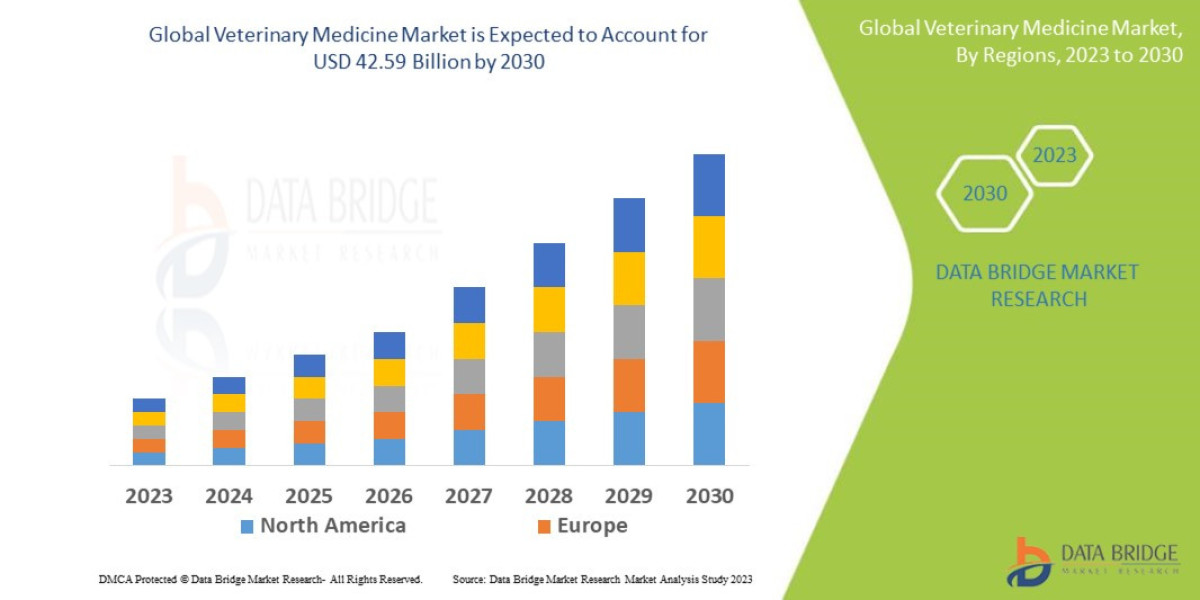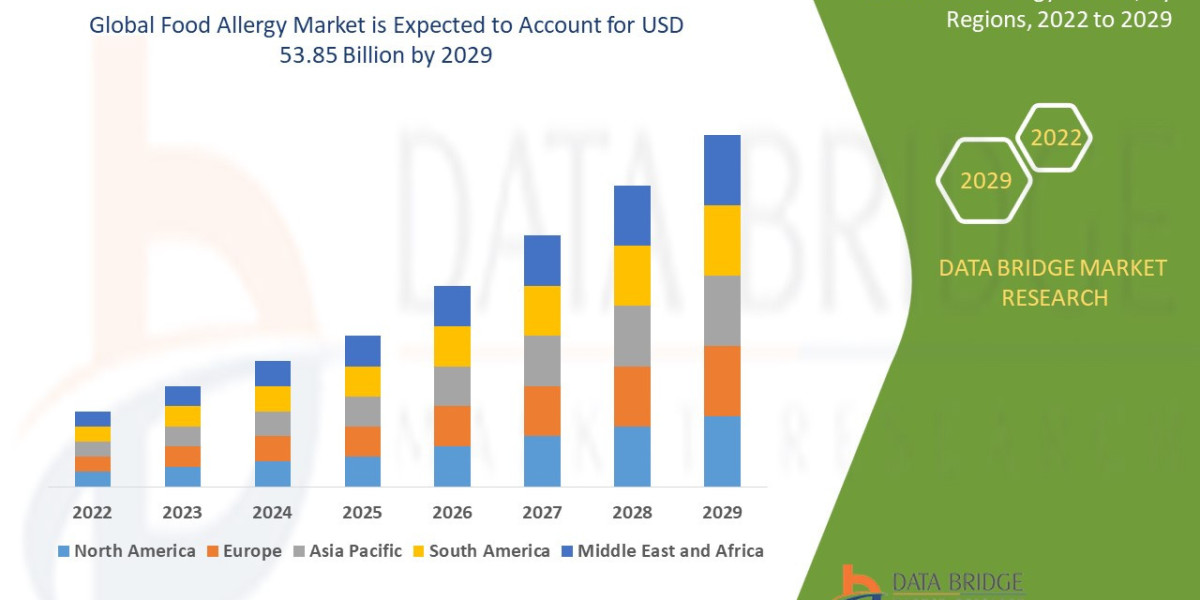Originally Published on: QuantzigMarketing Attribution: How AI for Marketing Changes the Game
#MarketingAttribution #AIinMarketing
Introduction:
In today's ever-changing marketing landscape, artificial intelligence (AI) is fundamentally reshaping traditional approaches, offering innovative solutions to persistent challenges. As tracking limitations and cookie restrictions emerge, the implementation of traditional marketing methods becomes increasingly arduous. However, AI and machine learning (ML) present a viable alternative, empowering organizations to accurately attribute conversions and optimize their marketing channels. This case study highlights how a leading e-commerce retailer in the UK achieved substantial improvements in attribution accuracy, ROI, real-time responsiveness, and customer engagement through Quantzig's Marketing Analytics Solutions.
Quantzig's Success Story:
Client Profile: A renowned e-commerce retailer based in the UK, distinguished for its extensive product range.
Challenges Faced by the Client: The client faced difficulties in understanding customer interactions across diverse channels, encountered challenges with inefficient resource allocation, and lacked capabilities for real-time optimization.
Solutions Provided by Quantzig: Quantzig implemented AI and ML-driven solutions, encompassing multi-touchpoint analysis, real-time insights, predictive analytics, and personalized experiences.
Impact Achieved: The client witnessed a 25% enhancement in attribution accuracy, a 30% increase in ROI, a 40% improvement in real-time responsiveness, and a 20% upsurge in customer engagement.
Challenges in Traditional Marketing Attribution:
- Limited Visibility: Traditional methods offer inadequate visibility into the customer journey, leading to overlooked touchpoints and underutilized data.
- Single-Touchpoint Bias: Traditional attribution tends to favor the last interaction, neglecting other influential factors in the customer's decision-making process.
- Data Fragmentation: Fragmented data sources hinder seamless analysis and consolidation of information.
- Resource-Intensive and Time-Consuming: Manual data processing proves laborious and impedes agile decision-making.
Implementing and Analyzing Marketing Attribution Modeling:
- Data-Driven Precision: AI and ML algorithms provide precise attribution of conversions, facilitating the customization of targeted campaigns to individual preferences.
- Multi-Touchpoint Attribution: AI and ML enable multi-touchpoint attribution, providing insights into the intricate interactions between marketing channels and customers.
- Campaign A/B Testing: AI and ML redefine A/B testing, enabling robust experimentation with real-time insights to optimize marketing strategies.
- Marketing Compliance: AI and ML ensure marketing compliance by automating checks and detecting fraudulent activities, thereby fostering trust with customers.
Conclusion:
In conclusion, AI and ML are revolutionizing marketing attribution by offering data-driven precision, multi-touchpoint analysis, real-time insights, and compliance assurance. Embracing AI unlocks doors to unparalleled success in the ever-evolving marketing landscape.








